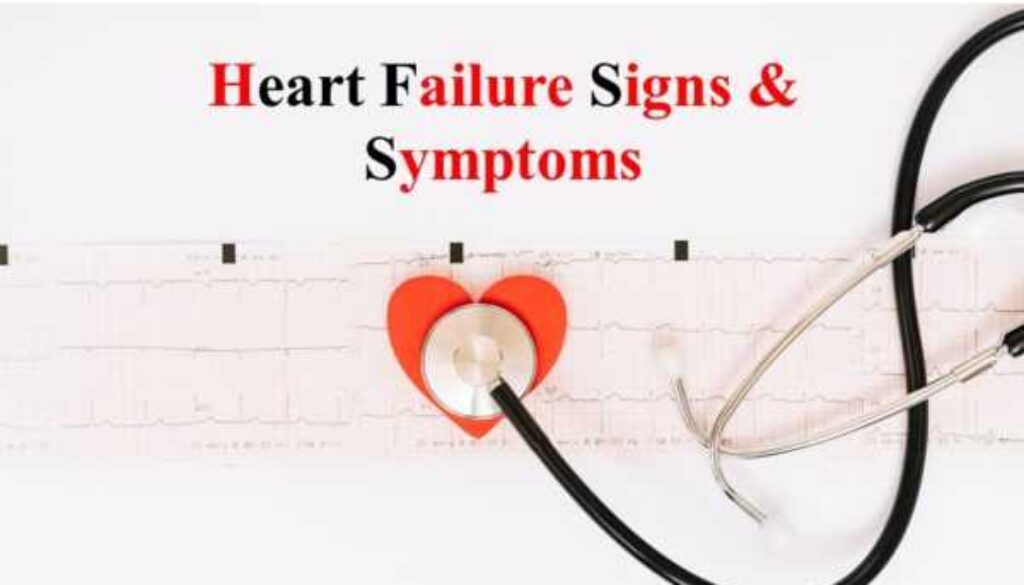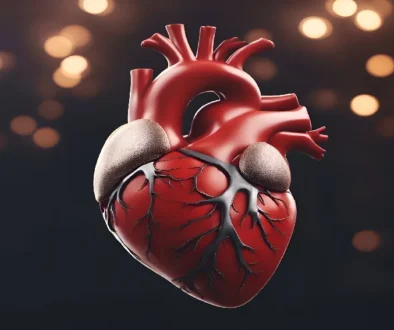Heart Failure Signs and Symptoms
Heart failure doesn’t mean that the heart has stopped working – rather, it is not working as efficiently as it has to be working. When your body doesn’t get enough blood and oxygen, heart failure sets in. The pumping capacity of your heart has been compromised or diminished due to weakened heart muscles. There could also be a possibility of other reasons for your heart to work less efficiently than it should. When your heart begins to feel the pressure, heart failure signs and symptoms manifest. Your heart tries for a while to compensate for the weakness, but as heart failure begins to progress, the need for treatment demand increases.
What are the causes of heart failure?
Your heart begins to lose its efficiency as you age, but young people too can have a weak heart if they have certain underlying conditions. Some people with a birth defect have a weak heart. Coronary artery disease, high blood pressure, heart attack and cardiomyopathy can also lead to heart failure. The other conditions that can lead to heart failure include diabetes, obesity, sleep apnea and lung disease.
Heart Failure Signs and Symptoms
One of the most prominent signs of heart failure that you experience is shortness of breath. Initially, it is somewhat unnoticeable, but as the condition gets worse, it can happen regularly – sometimes, even at rest. In extreme cases of heart failure, people feel short of breath even when they are sleeping or lying down.
Weakness or Fatigue
The heart pumps less efficiently and therefore your arms and legs get less blood supply and start to feel weak. You may feel tired doing daily chores – such as walking, moving around in the house, climbing stairs. You may also feel light-headed or dizziness. Less important areas of the body receive reduced blood supply to compensate for the brain and other vital organs.
Wheezing and Cough
Wheezing and nagging cough are the other signs that indicate problems related to your heart. You may breathe with a whistling sound and fluid accumulation in the lungs may lead to a cough.
Swelling and Weight Gain
When you notice swelling in your ankles, feet, legs and abdomen, it indicates that fluid is accumulating in the body tissues due to heart failure. Kidneys too get less blood to work with – and therefore, may not eliminate sodium – which in turn cause more fluid to accumulate in the tissues. You can approach a physician if you notice persistent swelling and sudden weight gain.
Nausea and vomiting sensation
Loss of appetite, nausea and vomiting sensation are the other symptoms you may have as your digestive system is not getting enough blood and oxygen to work with. You may also have a feeling of fullness – owing to which you cannot eat more.
Heart Beats faster
When your heart gradually starts to weaken, your body gets into the act to compensate for the loss – heart enlarges for stretching more and recover quickly; thickens and beats faster.
Other Signs and Symptoms of Heart Failure
Confusion, sluggishness, forgetfulness and disorientation are the other signs that indicate that there is something wrong with your heart. Worsening heart failure is associated with extreme weakness and breathlessness while resting.
Bottom Line
Some people may have heart failure, but they may not have heart failure signs and symptoms. They get to know about their condition only when they approach a specialist doctor. Therefore, regular health check-ups and heart disease screening is important for those who are at risk of heart disease.




